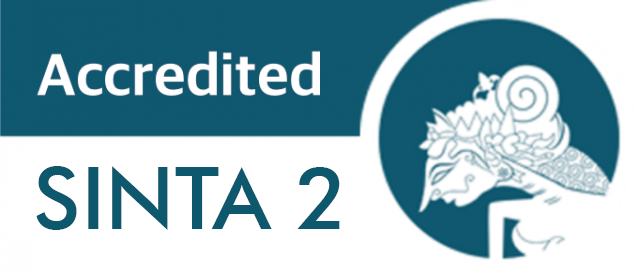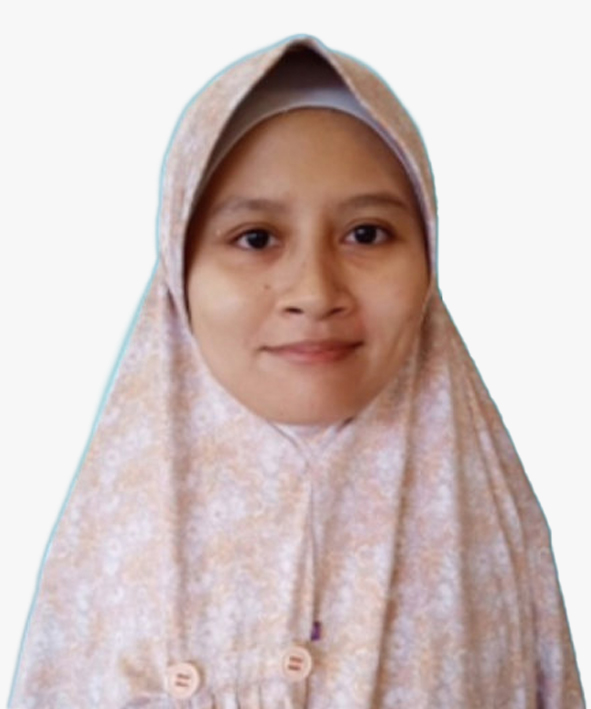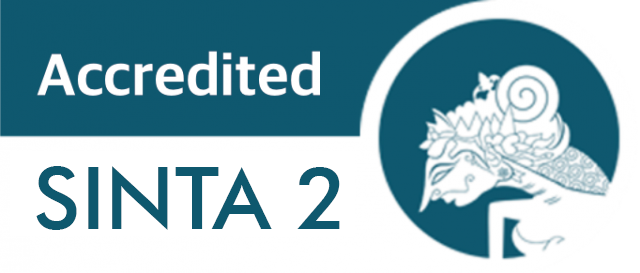Self-Image Strengthening Program in Children With Disabilities and Chronic Illnesses: A Quasi-Experimental Research
Introduction: Children with disabilities/chronic illnesses often have difficulties in socializing and tend to have a low self-image. Parents, as the main children’s self-image-forming factor, also ex-perience difficulties in dealing with their children. This study aims to increase children’s and parents’ knowledge about self-image and acceptance, hence improving children’s self-image. Methods: A quasi-experimental research study with the intervention of three modules for children and parents was carried out between June and September 2022. Thirty children and their parents from the Community for Empowerment of Parents of Children with Special Needs, the Heart Warrior Community, and the Foundation for De-velopment of Disabled Children were included. Pretest and posttest were measured and statistically tested using the Wilcoxon test. At the end of the interventions, the Rosenberg Self-Esteem Scale, Self-Harm Inventory, Strengths and Difficulties Questionnaire, and Pediatric Quality of Life were measured. Results: There was a sig-nificant increase in knowledge on 3 child modules and 1 parent module. The Rosenberg Self-Esteem Scale score is 17.17 ± 2.618 (good self-image); the Self-Harm Inventory score is 2.18 ± 3.275 (low risk of self-injury); the Strength and Difficulties Questionnaire score is 18.37 ± 5.230 (moderate difficulty); and the Pediatric Qual-ity of Life value is 34.64 ± 12.077 (good quality of life). Conclusion: The self-image strengthening module intervention is effective in increasing children’s and parents’ knowledge. Children with dis-abilities/chronic illnesses have a good self-image, low self-harm tendencies, and relatively good quality of life.
Copyright (c) 2025 Frilya Rachma Putri, Sri Andarini, Nuretha Hevy Purwaningtyas, Ariani, Dyahris Koentartiwi, Kresna Septiandy Runtuk, Puspa Maharani, Herman Yosef, Janice Valencia, Elvira Irene Tjahyadi, Monica Sari Devy, Mayniar Ayu Rahmadian

This work is licensed under a Creative Commons Attribution-ShareAlike 4.0 International License.
1. Copyright of this journal is possession of the Author, by the knowledge of the Editorial Board and Journal Manager, while the moral right of the publication belongs to the author.
2. The journal allows the author(s) to retain publishing rights without restrictions.
3. The articles are published under a Creative Commons Attribution Share-Alike (CC BY-SA) license. Many research funding bodies prefer the CC BY-SA license because it allows for maximum dissemination and re-use of open access materials. Users are free to share (copy, distribute, and transmit) and remix (adapt) the contribution under this license, including for commercial purposes, as long as they attribute the contribution in the manner specified by the author or licensor.
























